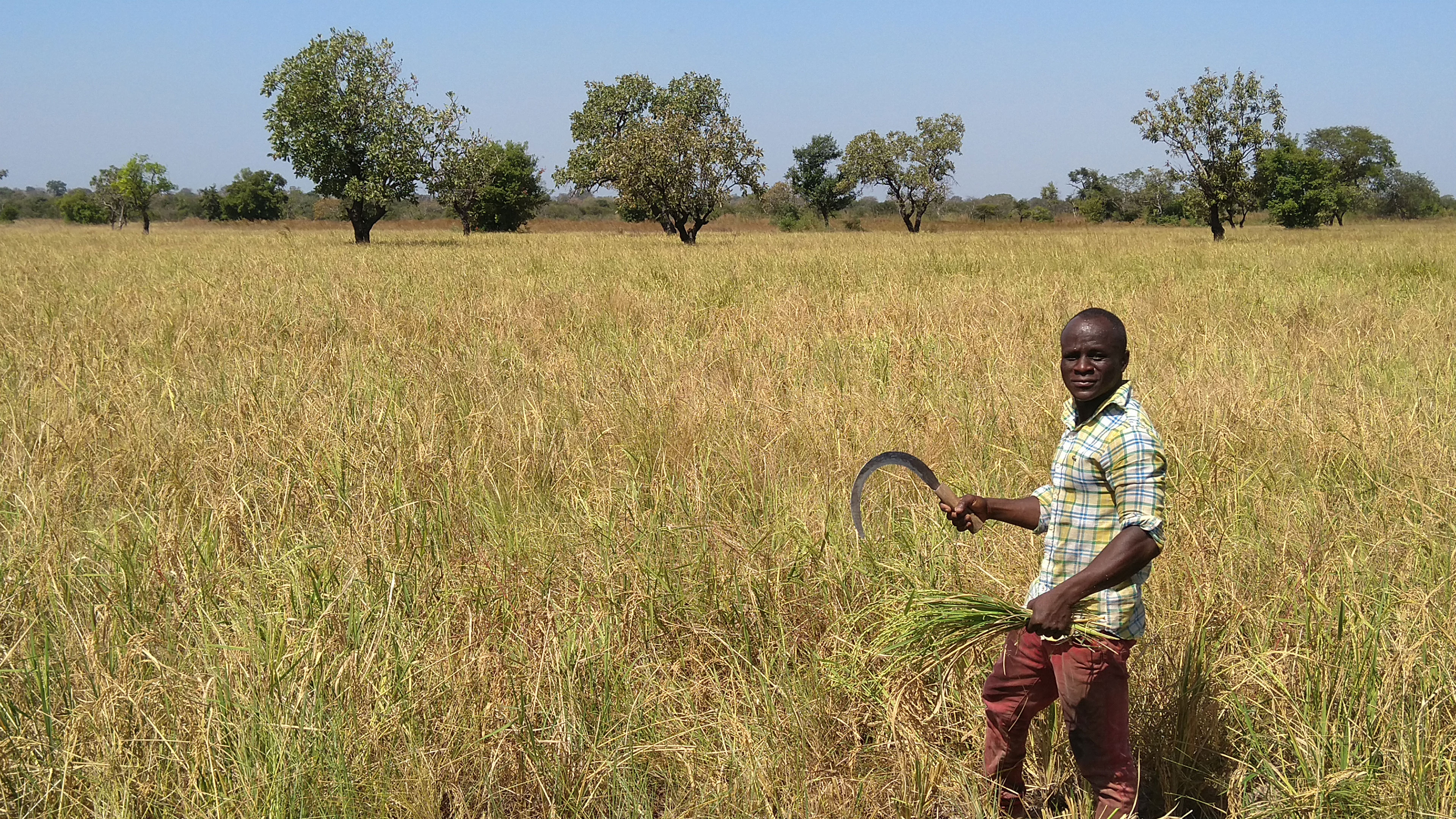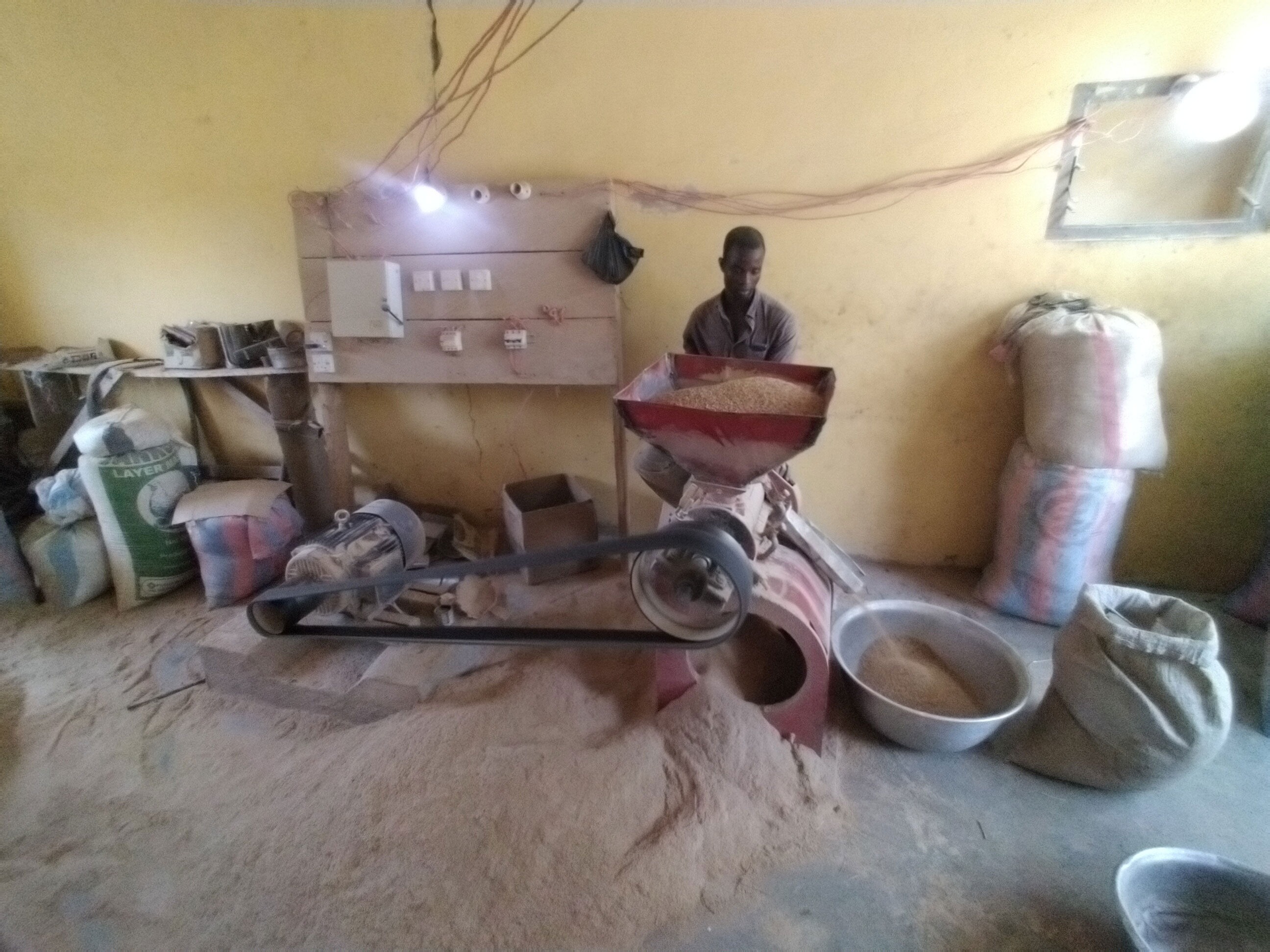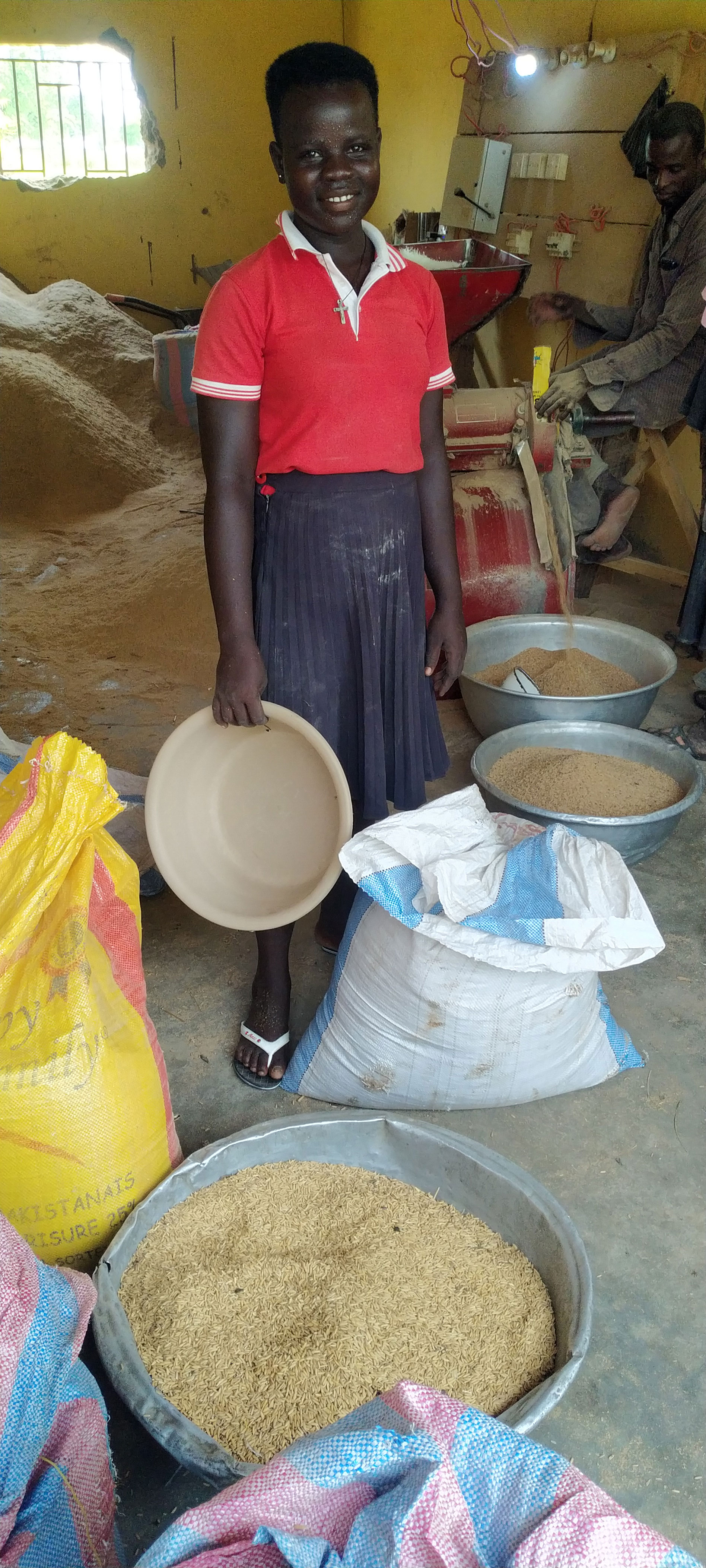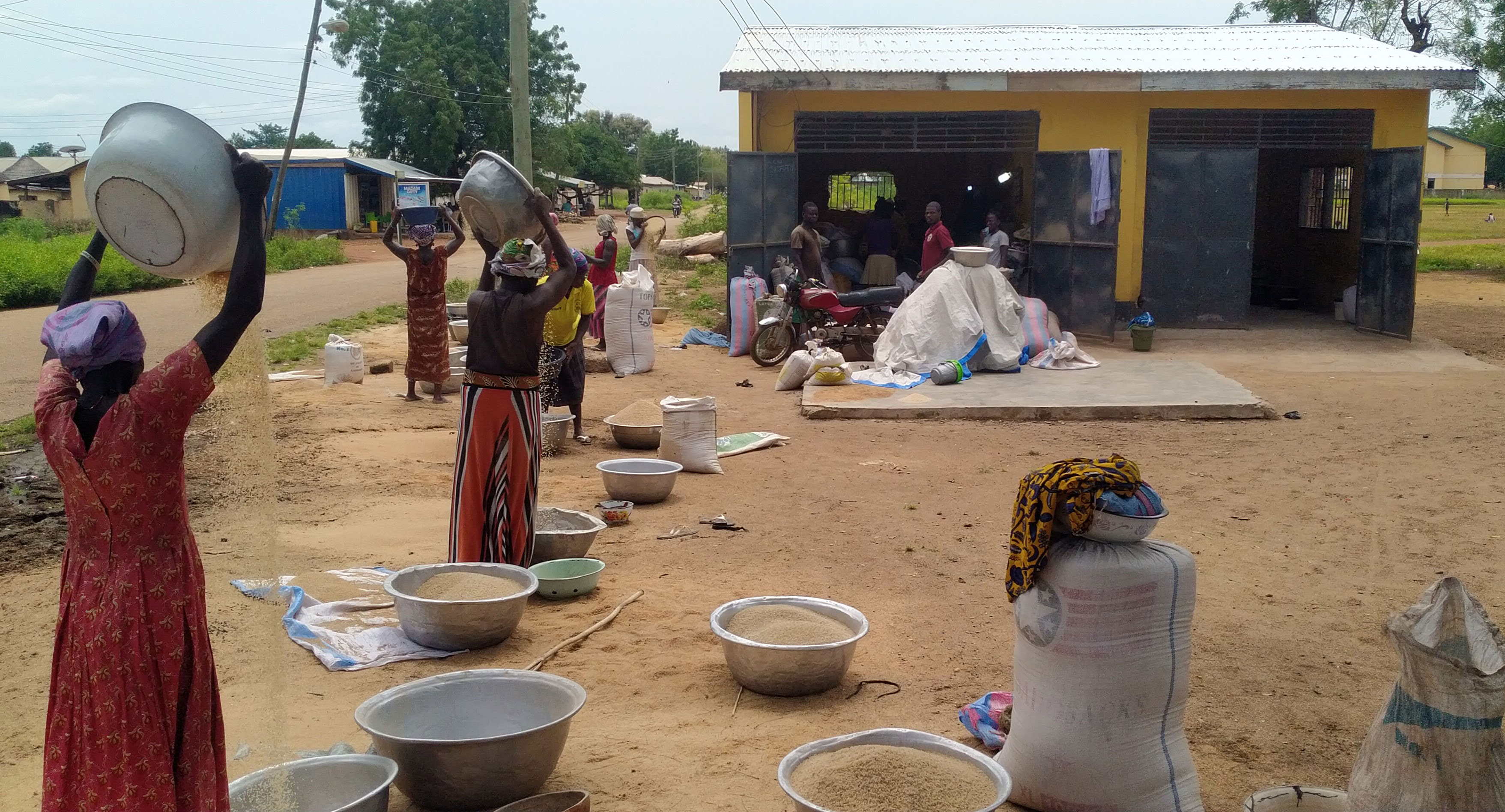A Letter from Josh Heikkila, serving in West Africa
Winter 2022
Write to Josh Heikkila
Individuals: Give online to E132192 in honor of Josh Heikkila’s ministry
Congregations: Give to D500115 in honor of Josh Heikkila’s ministry
Churches are asked to send donations through your congregation’s normal receiving site (this is usually your presbytery).
Subscribe to my co-worker letters
Dear friends,
The area around the town of Saboba, in the Northern Region of Ghana, is known for growing rice. Our partner, the Evangelical Presbyterian Church Ghana, first began planting congregations there in the 1950s and ‘60s. Today, the Konkomba people who are indigenous to the place are loyal and dedicated members of the church, known throughout the country as hard-working farmers, committed to the education of their children, with a lively tradition of song and dance.
In mid-2019, I was approached by some members of the Saboba congregation, asking how the Presbyterian Church (U.S.A.) might support the community with economic development. As we thought together through various possibilities, the struggle of farmers kept coming to most people’s minds. Instead of being forced to sell their produce at low prices to middlemen, was there a way we could help them add value to it? Could the church set up shop, offering rice milling and grain grinding services to the community, which would not only assist farmers to sell their goods at higher prices, but also allow the church to make some money at the same time?
The congregation came up with a plan. If the PC(USA) could provide funds for the purchase of a miller and grinder, the church would renovate a garage on the grounds of the pastor’s manse, bringing in a supply of electricity and preparing the structure to house the processing equipment. In the fall of 2020, about $6,000 was sent to purchase the necessary machinery, and by the spring of 2021, everything was up and running.When I visited the congregation in late summer of last year, I was impressed with what was being done. The farmers in the community (who are mostly women) were being provided with a quality service at low cost. Several young men and women from the congregation were employed to work in the facility. And the church was making a little bit of money that could help with maintenance and upkeep – and perhaps even purchase a motorcycle for the congregation’s pastor or catechist at some point in the future.
Sometimes projects like this work well for the first few years, but begin to struggle when machinery breaks down, or unexpected challenges come their way – like an increase in electricity charges. The Saboba church and community put together a committee tasked with managing operations and planning for the future. We hope and pray things work out for the best for them.
A few years ago, I took a class on community organizing offered by Johnson C. Smith Theological Seminary. One of the first things they teach is what’s called the Iron Rule: never do for others what they can do for themselves. Community organizing believes that for anything to succeed, it must be firmly rooted in the actions of people at the local level. Anything pushed from the outside, originating with the plans of ‘experts’ or donors but not based in the wishes and motivations of local people, is likely to fail.
Working with our partners can often be an intricate and delicate dance. We need to deeply listen to and respect each other, and this is slow and difficult work. We are often quick, though, to fall back into stereotypes of giver and receiver, expert and novice, powerful and dispossessed. When we allow ourselves to be controlled by the stereotypes, I think we end up trying to solve people’s problems for them, relying on what we think is best, rather than empowering them to transform their own lives. This usually doesn’t work.
Therefore, we have to let ourselves be challenged to see beyond the stereotypes, and we sometimes also have to gently push back when presented with them. The stereotypes, after all, limit our ability to support substantive transformation. One of the invitations of Matthew 25 in the Presbyterian Church (U.S.A.) is eradicating systemic poverty. As we work with our partners in West Africa, I hope mission co-workers like myself can be a resource to the church to help us do it in good and healthy ways.
Thank you for your prayers and support,
Josh
![]() You may freely reuse and distribute this article in its entirety for non-commercial purposes in any medium. Please include author attribution, photography credits, and a link to the original article. This work is licensed under a Creative Commons Attribution-NonCommercial-NoDeratives 4.0 International License.
You may freely reuse and distribute this article in its entirety for non-commercial purposes in any medium. Please include author attribution, photography credits, and a link to the original article. This work is licensed under a Creative Commons Attribution-NonCommercial-NoDeratives 4.0 International License.



